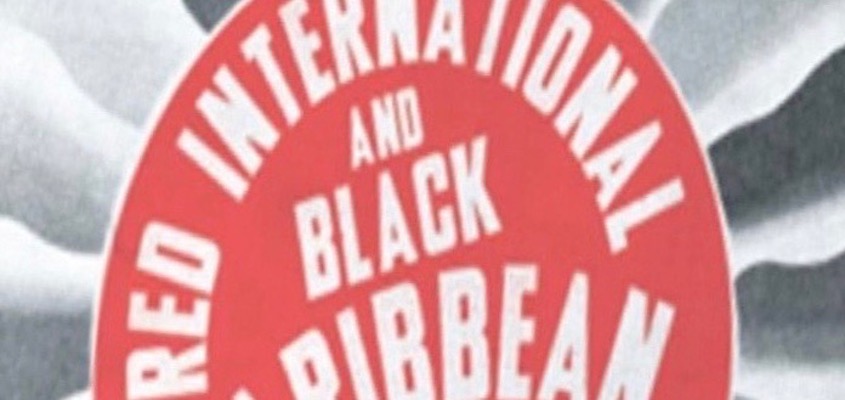by ROBERTO SIRVENT

Some of the best leaders of black working class people were communist or worked alongside communists.
“Communist history is foundational to black radicalism in the 20th century.”
In this series, we ask acclaimed authors to answer five questions about their book. This week’s featured author is Margaret Stevens . Stevens is Professor of History at Essex County College in New Jersey. Her book is Red International and Black Caribbean: Communists in New York City, Mexico and the West Indies, 1919-1939.
Roberto Sirvent: How can your book help BAR readers understand the current political and social climate?
Margaret Stevens: The primary political critique in the book is that during the 1920s and 1930s workers were ready and willing to collaborate and unite along lines of class unity to a way larger extent than the communist movement was then ready to lead and, moreover, that the idea of workers’ power and socialism was not one that was inherently foreign to Caribbean workers such that the mass organizations led by communists at times hindered rather than intensified the spread of revolutionary consciousness. Today, it seems the vast majority of people are pretty clear that capitalism is not the best of all possible worlds for humanity’s future, and yet, the notion that communism and workers’ revolution is a viable alternative is also near absent from general consciousness. Therefore, many are boxed into ultra nationalism all over the world, exceeding individualism and an overall sense of powerlessness to change the current historical picture. I see this in the youth I teach in Newark, New Jersey at my college. This book helps to give us not only a sense of “other options” that black and Latino working-class people in the Caribbean and US considered in the earlier twentieth century, but also the way activism and fight back were prevalent in the absence of fan-based social media platforms. It also helps show how some of the best and strongest examples of workers’ power and the fight against racism were only possible through the unity of all races and workers from across national divides and under the leadership of revolutionary communists aligned with the Soviet Union.
What do you hope activists and community organizers will take away from reading your book?
People will take away from this book a history that has been forgotten by some, ignored by others, and more important, hidden by the dominant ideologues of bourgeois capitalism. This history remains a threat to the ruling classes of the world because it shows that some of the best leaders of black working class people in the fight against racism and colonialism were communist or worked alongside communists. It goes further, however. The book demonstrates leaders like Bustamante and Manley in Jamaica, Cheddi Jagan and later Wlater Rodney in Guyana, Castro in Cuba, were all impacted directly or indirectly by the pioneering efforts of revolutionaries in the 1920s and 30s, many of whom were communists. The book also shows that organization history, not history based around individuals, is one of the best ways to demonstrate how revolutionary change has occurred.
We know readers will learn a lot from your book, but what do you hope readers will un-learn? In other words, is there a particular ideology you’re hoping to dismantle?
Individuals are subordinate to collectives and organizations when it comes to major historical change. When I say subordinate, I don’t mean less influential. King was more influential than say the SCLC, but he would never ever have become King if it weren’t for the organizations in place that provided the momentum from which he emerged. We do young people a disservice, I think, by removing significant leaders from the actual fighting organizations that was the muscle of their power.
Who are the intellectual heroes that inspire your work?
Black Agenda Report for more
